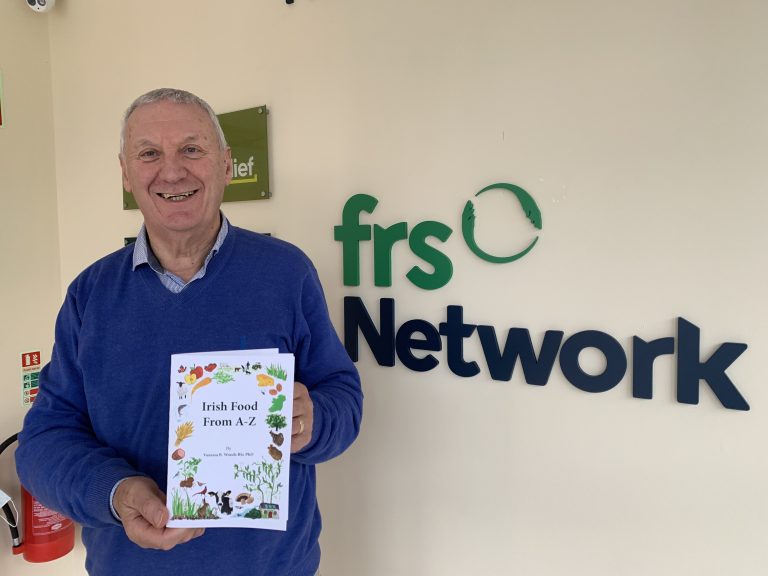The Government decision to increase the number of work permits for the dairy sector in 2023 is a welcomed boost for the industry.
Following the announcement from the Department of Enterprise, Trade and Employment on the 16/12/2022 an additional 500 permits will now be granted to our dairy sector over the next 12 months, to help address staffing challenges on farms.
The news comes in the same week as the release of our Research Report on the Outlook of External Farm Labour Support in Ireland by FRS Farm Relief which showed that 2 out of 3 Irish farmers are finding it difficult to find sufficient labour for their farms.
Along with the Irish Creamery Milk Suppliers Association (ICMSA) we presented the business case to Government for why these permits were needed. The proposal was supported by the Department of Agriculture, with Minister Martin Heydon raising the matter in a recent meeting with Minister Damien English.
While the commitment to increase the number of permits was strongly welcomed we cautioned that the processing of these permits will need to become more efficient. In our experience it can sometimes take as long as 6 months for the permit application to be approved.
Reacting to the news, Colin Donnery, Group CEO of FRS Co-op said, “This really is fantastic news and we would like to express our thanks and appreciation to the Government, the Department of Enterprise, the Department of Agriculture, Minister McConalogue, Minister Heydon, Minister English, our colleagues in the ICMSA and all those involved in making this decision. As our joint proposal with the ICMSA pointed out, this measure is badly needed to help address the labour challenges in the sector, particularly ahead of the busy spring season.
“While the additional permits will represent a boost to the sector, it is also important that the application process becomes more efficient. In our experience we have found that it can take as long as 6 months to secure the permit, which is far too long. If these permits are to help farms address the particularly challenging spring season then a process that could take half a year to complete won’t provide the level of support intended. By that rationale, farms would have had to start applying for these permits last autumn in order to have them in place for the coming spring.
“If the application process is more efficient, that problem doesn’t arise. Hopefully steps can be taken in that direction so the benefit of these additional permits will be quickly felt on Irish farms across the country.”




